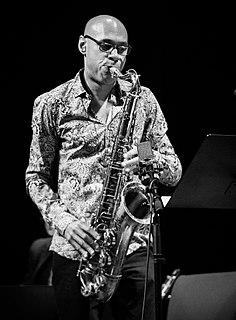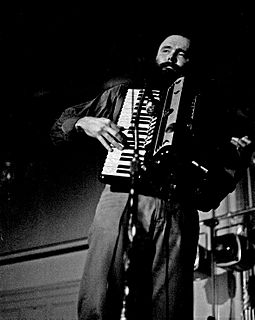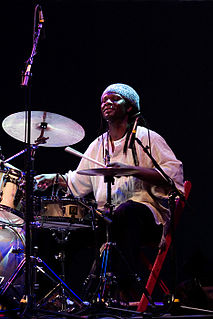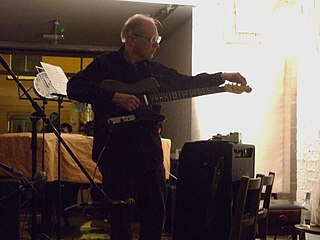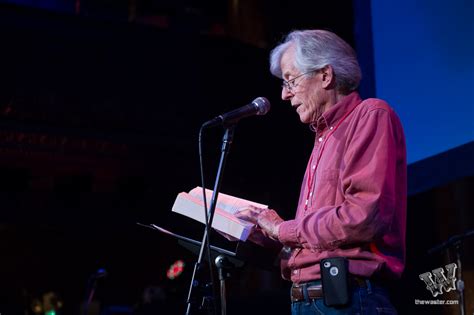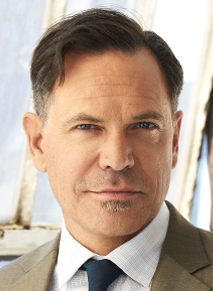A Quote by Hazrat Inayat Khan
In ancient times the greatest of the prophets were great musicians.
Quote Topics
Related Quotes
Prophet just means intellectual. They were people giving geopolitical analysis, moral lessons, that sort of thing. We call them intellectuals today. There were the people we honor as prophets, there were the people we condemn as false prophets. But if you look at the biblical record, at the time, it was the other way around. The flatterers of the Court of King Ahab were the ones who were honored. The ones we call prophets were driven into the desert and imprisoned.
... we weren't very professional; she could have gone to almost any town and put together a smoother ensemble, but we were pioneers, and professional musicians probably wouldn't have come up with what we did ... professional musicians probably wouldn't have given Janis Joplin the space to be herself, which was probably our greatest gift to her
I visited New York in '63, intending to move there, but I noticed that what I valued about jazz was being discarded. I ran into `out-to-lunch' free jazz, and the notion that groove was old-fashioned. All around the United States, I could see jazz becoming linear, a horn-player's world. It made me realize that we were not jazz musicians; we were territory musicians in love with all forms of African-American music. All of the musicians I loved were territory musicians, deeply into blues and gospel as well as jazz.



